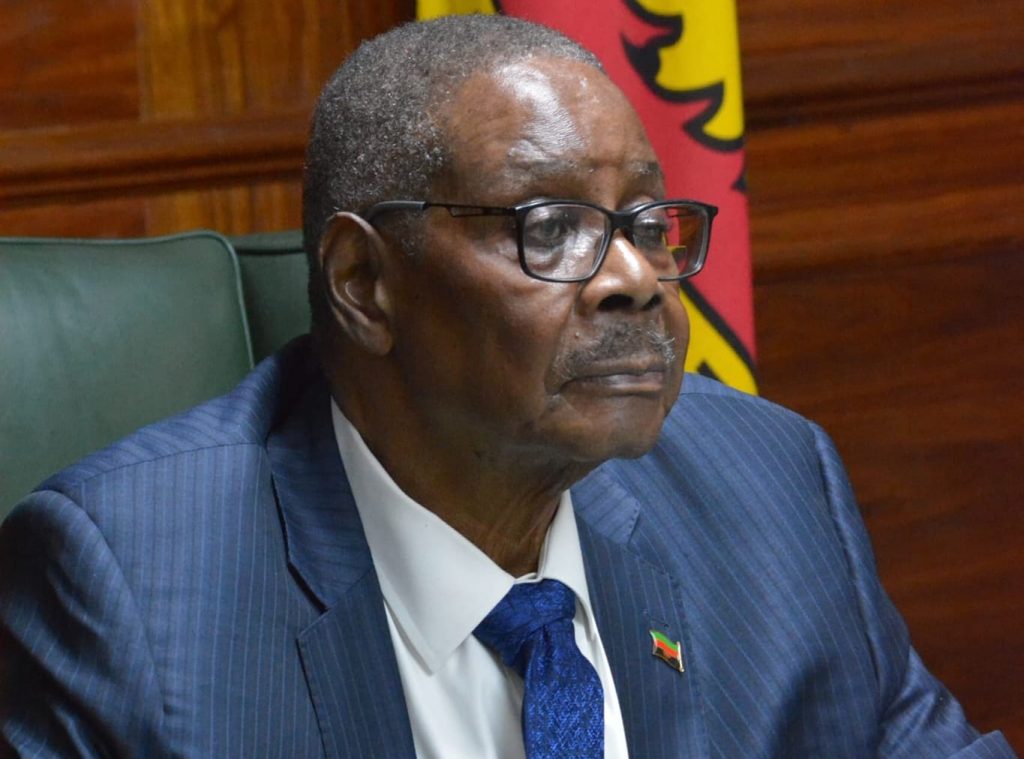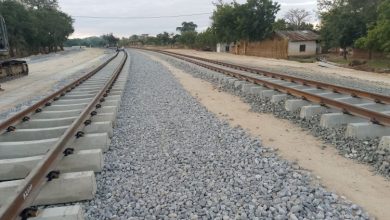Govt ill-prepared for planting season—APM
President Peter Mutharika has admitted that Malawi is entering the planting season unprepared, with fertiliser procurement behind schedule despite the onset of rains.
The President said this at Mtunthama State Lodge in Lilongwe on Sunday evening when he hosted a meeting with the International Monetary Fund (IMF) Africa Department director Abebe Aemro Selassie.

Mutharika argued that Malawi’s economic conditions require relief and that government is struggling to secure supplies from neighbouring countries and remains “not yet ready in terms of fertiliser”.
Following the launch of this year’s Farm Inputs Subsidy Programme (Fisp) two weeks ago, experts urged government to expedite delivery of the farm inputs, noting delays caused by the September 16 General Election and policy shifts between the previous and current administration.
Minister of Agriculture, Water Development and Irrigation Roza Mbilizi said over 30 000 metric tonnes (MT) of farm inputs procured from Zambia were already in the country and being distributed in all districts, against a national demand of 110 000MT. It was unclear when the rest of the inputs would be made available.
In that meeting , the President also appealed for urgent financial support to stabilise an economy strained by fertiliser shortages, fuel disruptions, foreign currency gaps and mounting debt.
He further highlighted persistent fuel instability, noting that queues resurface “after a week” even when temporarily resolved, disrupting transport, industry and service delivery.
According to the President, the country’s fiscal space is increasingly overwhelmed by debt servicing obligations, leaving little room for essential imports.
Said Mutharika: “We are heavily indebted, both to private and official institutions and we have to restructure.”
The meeting brought together senior economic policymakers, including Reserve Bank of Malawi Governor McDonald Mafuta- Mwale, Secretary to the Treasury Cliff Chiunda and IMF Resident Representative Nelnan Koumtingue.
Speaking after the meeting, Selassie acknowledged the severity of Malawi’s economic pressures and said the situation was precisely why he travelled to Lilongwe.
“The government has inherited a very difficult economy,” h e s a i d . “Macroeconomic imbalances are elevated, foreign exchange shortages are significant and inflation is high. We recognise the urgency.”
He said the IMF aims to support Malawi through policy advice, technical assistance and financing.
Thus the fund will “move as quickly and expeditiously as possible” given the country’s critical food, fertiliser and fuel needs. Selassie also noted that two IMF mission teams have visited Malawi in recent weeks as negotiations deepen.
In his remarks, Minister of Finance, Economic Planning and Decentralisation Joseph Mwanamvekha described the engagement as “very successful,” saying the IMF clearly understands the scale of the challenges the administration faces.
He said the meeting followed earlier discussions in Washington and a recent IMF mission to Lilongwe. “The IMF is ready to help,” he said. “They know the situation we have inherited.”
Mwanamvekha said securing foreign exchange is the government’s immediate priority, arguing that Malawi’s most pressing problems stem from its inability to import essential commodities.
“If we get foreign exchange, our problems are sorted out,” he said. “Everything revolves around foreign exchange.”
The minister said the administration is already implementing homegrown reforms aimed at restoring fiscal stability, including expenditure cuts, a recruitment freeze, tighter controls on travel and entitlements, and strengthened tax collection. These measures, he said, are reflected in the national budget presented last week.
“What we are doing is not cosmetic work,” he said. “Our priority is to fix the economy and fix public debt. We are not doing it because of the IMF; we are doing it because it is important for our nation.”
Mwanamvekha said the IMF will meet development partners this week to mobilise coordinated support for food, fertiliser, forex and fuel.
He added that he will hold detailed engagements with the media, Parliament’s Budget and Finance Committee and other stakeholders in the coming weeks as negotiations progress.
As technical discussions resume this week, both sides say they hope to move quickly towards an agreement that can ease immediate import pressures while laying a foundation for economic recovery.





